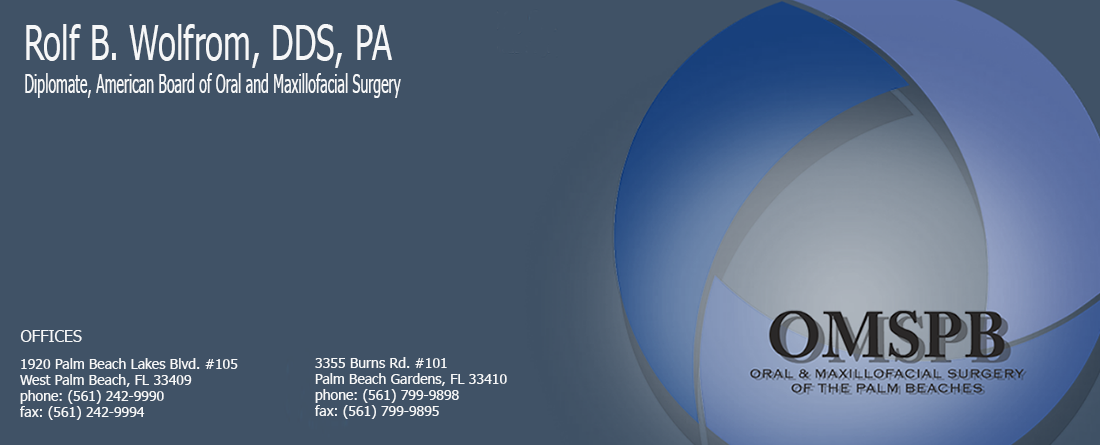

Before Intravenous Anesthesia Sedation
- All patients cannot have anything to eat or drink (including water) for at least six (6) hours prior to the surgical appointment. Typically, we recommend that children and adults do not drink or eat anything after midnight the night before surgery.
- All patients under the age of 18 must be accompanied by a parent or guardian.
- A responsible adult must accompany the patient to the office, remain in the office during the procedure, and drive the patient home. You should plan to have an adult companion stay with you for the first 12 to 24 hours after surgery.
- No smoking at least 48 hours before and after the surgery.
- The patient should not drive a vehicle or operate any machinery for 24 hours following the anesthesia experience or while taking prescribed narcotic pain medication.
- Contact lenses, jewelry, and dentures must be removed at the time of surgery.
- Do not wear lipstick, excessive makeup, or nail polish on the day of surgery.
- Please give our office a 24 hour cancellation notice. If you feel ill with a cold or respiratory problem, please contact our office as soon as possible. We may need to advise you to reschedule your appointment.
- Take all daily medication at the usual time with a sip of water unless instructed otherwise.
- If you have any questions about these instructions or other concerns, please contact our office.
Post Surgical Instructions
First Hour: Bite down gently but firmly on the gauze packs that have been placed over the surgical area, making sure they remain in place. DO NOT change them for the first hour unless the bleeding is uncontrolled. The packs may be gently removed after one hour. If active bleeding persists, place 2 to 3 new folded gauze to obtain pressure over the surgical site for another 30 minutes. The gauze may then be changed as necessary (typically every 30 to 45 minutes). You may moisten (not soak) the gauze with cold water and loosely fluff for more comfortable positioning.
Exercise Care: The day of surgery, do not disturb the surgical area. DO NOT rinse vigorously or probe the area with any objects, and do not brush the adjacent teeth for 24 hours. PLEASE DO NOT SMOKE for at least 48 hours, since this is very detrimental and may cause delayed healing.
Oozing: Intermittent bleeding or oozing overnight is normal. Bleeding may be controlled by placing fresh gauze over the areas and biting on the gauze for 30-45 minutes at a time.
Persistent Bleeding: Bleeding should not be severe. If so, it usually means that the packs are being clenched between the teeth and are not exerting pressure on the surgical areas. Try repositioning the packs. If bleeding persists or becomes heavy you may substitute a tea bag (soaked in water, squeezed damp-dry and wrapped in a moist gauze) for 20 to 30 minutes. If bleeding remains uncontrolled, please call our office.
Swelling: Swelling is often associated with oral surgery. It can be reduced by using a cold pack, ice bag or a bag of frozen peas wrapped in a towel and applied to the face adjacent to the surgical area. This should be applied 20 minutes on and 20 minutes off during the first 24 hours after surgery. Maximum swelling typically takes 24-48 hours to develop. It may be followed by bruising. Please do not continue to apply ice to your face after 24 hours from surgery. This may delay healing.
Pain: It is typical that oral surgery is accompanied with some degree of discomfort. You will usually have a prescription for pain medication. If you take the first pill before the local anesthetic has worn off, this may help to better manage initial discomfort. The effects of pain medications vary widely among individuals. If you do not achieve adequate relief at first, adults may supplement each pain pill with an analgesic such as Tylenol or Ibuprofen. Remember that the most severe pain is usually within six hours after the local anesthetic wears off; after that, your need for medicine should lessen. If you find you are taking large amounts of pain medicine at frequent intervals, please call our office. If you anticipate needing more prescription medication after office hours, you must call for a refill during weekday business hours.
Nausea: Nausea may occur after surgery. Sometimes pain medications are the cause. Nausea can be reduced by preceding each pain pill with a small amount of soft food, and taking the pill with a large volume of water. Try to keep taking clear fluids and minimize dosing of pain medications, but call us if you do not feel better.
Diet: Eat any nourishing foods that are comfortable to chew. Avoid extremely hot foods because they could increase bleeding. Do not use a straw for the first two days after surgery because it could dislodge blood clots. It is sometimes advisable, but not absolutely required, to confine the first day’s intake to liquids or pureed foods (soups, puddings, yogurt, milk, shakes, etc.). It is best to avoid foods like nuts, sunflower seeds, popcorn, etc., which may get lodged in the extraction socket areas. Over the next several days you may gradually progress to solid foods. It is important not to skip meals! If you take nourishment regularly, you will feel better, gain strength, have less discomfort and heal faster. If you are a DIABETIC, maintain your normal eating habits or follow instructions given by your doctor.
Fever: A low grade fever can occur after sedation on the first day of your procedure. This is normal, and usually responds to over the counter Tylenol taken as directed. Please call our office if you continue to have a fever.
Instructions for the Second and Third Days
Mouth Rinses: Keeping your mouth clean after surgery is essential. Use ¼ teaspoon of salt dissolved in an 8 ounce glass of warm water and gently rinse with portions of the solution, taking 5 minutes to use the entire glassful. Repeat as often as you like, but at least 2 or 3 times daily.
Brushing: Begin your normal oral hygiene routine the day after surgery. Soreness and swelling may not permit vigorous brushing, but please make every effort to brush and floss your teeth within the bounds of comfort.
Healing: Typical healing includes that the first two days after surgery are generally the most uncomfortable, and there is usually some swelling.
It is our desire that your recovery be as smooth and pleasant as possible. Following these instructions will assist you; but if you have questions about your progress, please call the office. A 24-hour answering service is available to contact the doctor on call after hours. Calling during office hours will afford a faster response to your question or concern. PLEASE NOTE: Telephone calls for narcotic (pain killer) prescription renewals are done during weekday office hours.